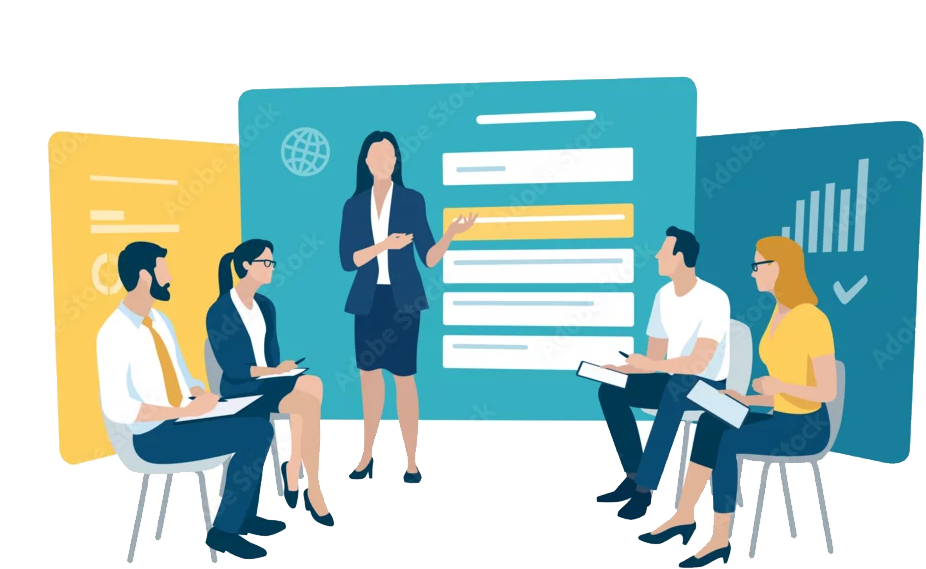Career-Ready from Day One: How Experiential Learning Makes You an Exceler

What is the difference between conventional learning and experiential learning? How does experiential learning add value to your career?
Conventional education is passive, teacher-centered instruction supplemented with notes and textbooks. Term-end evaluations and assessments and such methodology focused on theoretical knowledge don’t develop the critical skills and competencies for the 21st century. It is not engaging either.
Experiential learning is active and learner-centered with hands-on activities and real-world projects. It emphasizes learning through practical experience instead of abstract concepts.

Experiential learning differs from conventional approaches as learners are involved or actively engaged in learning. Experiential learning occurs not only by nature walks but also by simulations, gamification, internships, and lab experiments.
Experiential learner gains the advantage of reflecting on the experiences and improving the learning outcome. Experiential learning provides opportunities for involvement in teamwork, which in turn improves collaboration and communication skills. Experiential learning is personalized and self-directed learning. Such learning gives autonomy and ownership of learning. It also leads to intrinsic motivation
Excel with Experiential
Here are some of the ways by which experiential learning helps a student to excel in their careers.
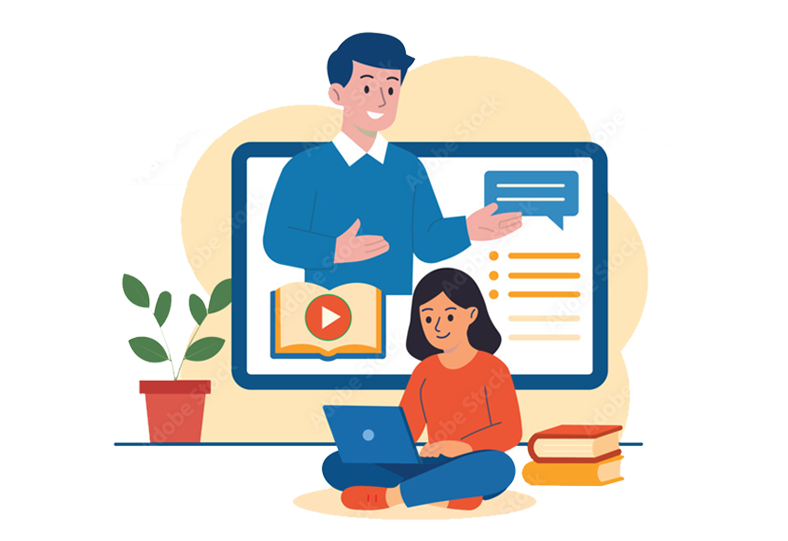
1. Learning by Doing:
Unlike theoretical and abstract learning, learning by doing helps deal with real-world challenges through engaging in projects and tasks.
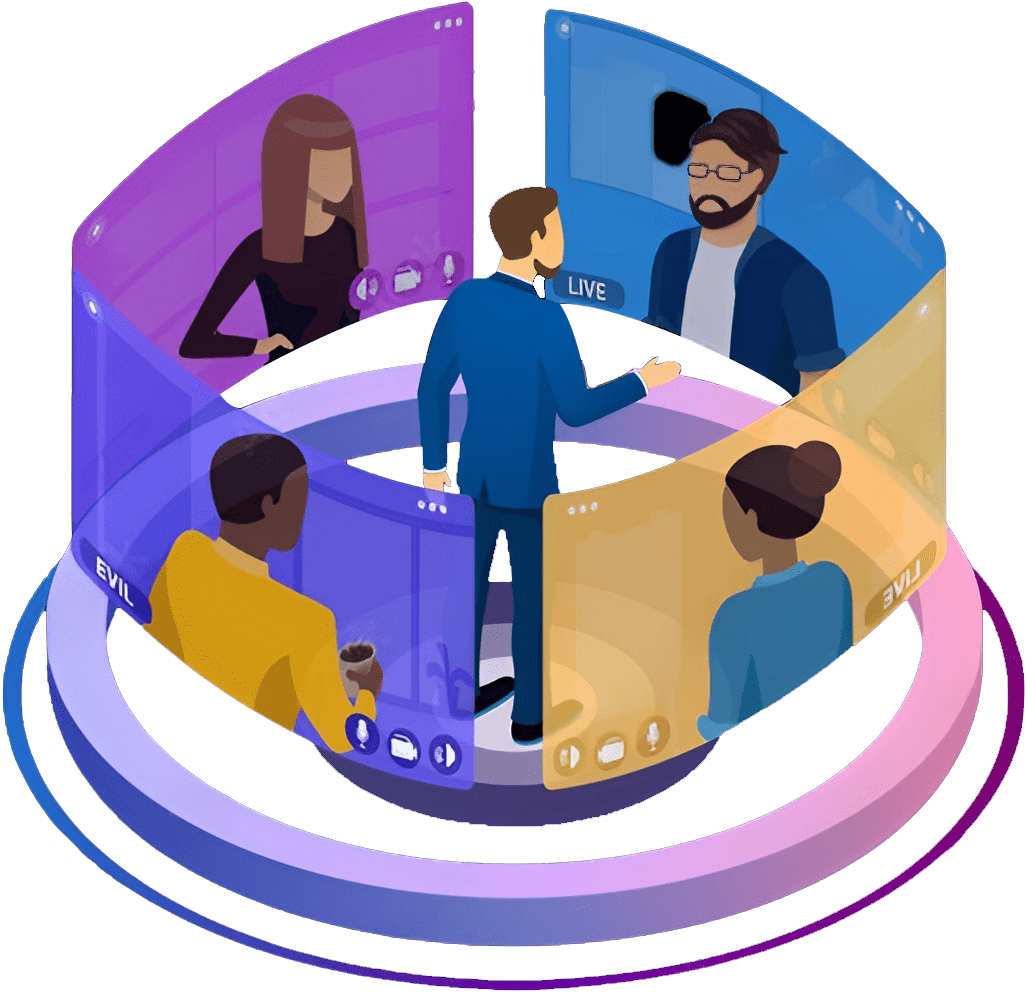
2. Critical Thinking:
Experiential learning helps develop critical thinking abilities and helps analyze and discuss problems to find solutions.
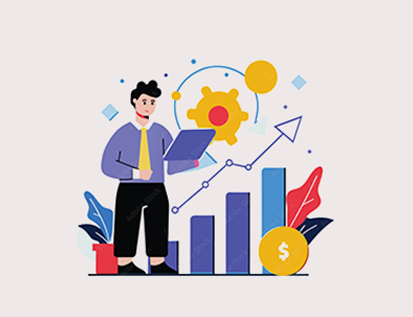
3. Collaboration and Social Interaction:
Experiential learning involves group-based activities and working in teams to solve problems. It helps develop problem-solving, collaborative, and communicative skills.
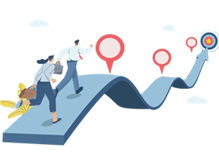
4. Skill Development:
Unlike conventional learning, which is focused on knowledge acquisition (facts, theories, information, and data), experiential learning helps develop various skills such as critical thinking, teamwork, problem-solving skills, and creativity that leads to innovation. These skills are much sought after in industry, along with basic knowledge of the working domain.
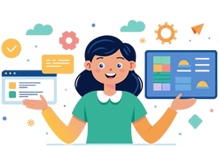
5. Dynamic and Flexible:
Experiential learning doesn’t confine activities to the classroom but can be blended with online gamification and real-world experiences that bring students outside the classroom.
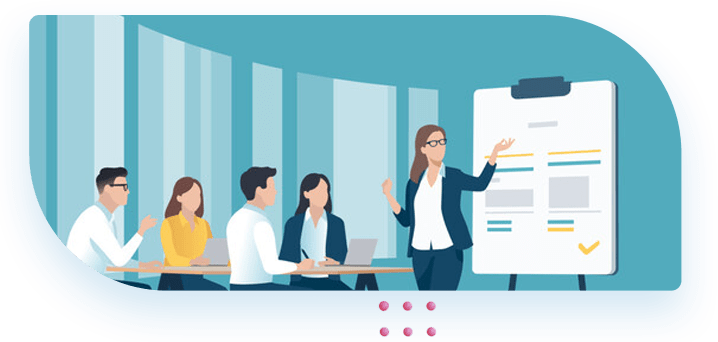
6. Personalised Learning:
Unlike conventional learning, the personalised learning The approach adapts to the unique learning styles and demands of each individual learner. It helps in creating an engaging and immersive learning experience for students.
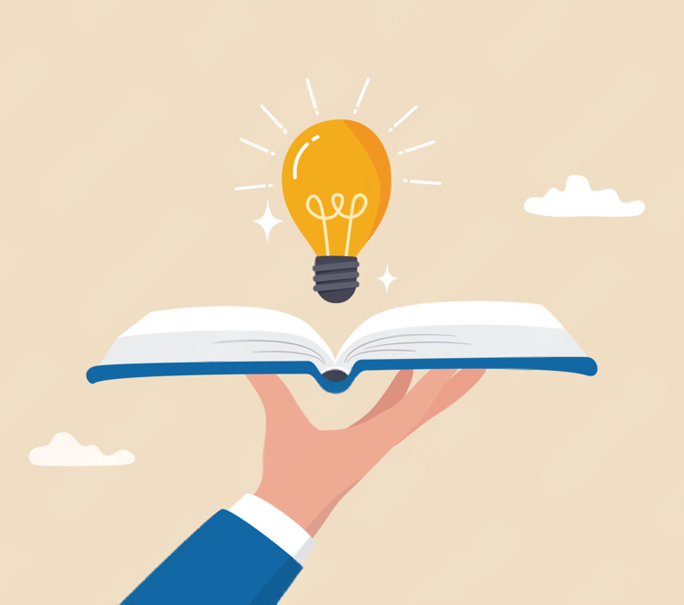
7. Resilience and Adaptability:
Experiential learning provides the chance to face challenges and learn through mistakes. It helps deal with failures and build resilience and adaptability. These are key qualities that employers look for in employees. It develops self-confidence and fosters independence. Experiential learning bridges academic knowledge and workplace readiness.
Excelerate Your Career
Excelerate helps make children career-ready with activities that foster leadership, critical thinking, curiosity, and collaboration, which are vital for excelling in careers. Excelerate helps provide hands-on experiences across different fields. It helps students better understand their interests and aptitudes and make informed career choices.
Get in touch with us at www.4excelerate.org to help build a successful and fulfilling career.
